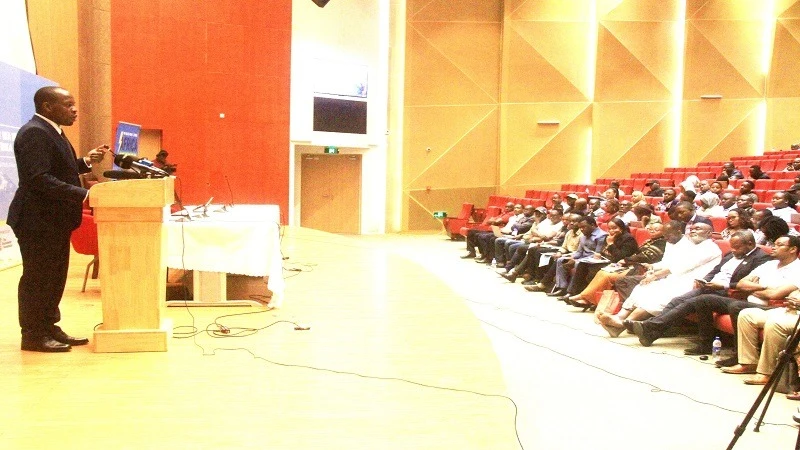
Elizabeth Antidius Shumbusho | Africa Guardian
Tanzania is set to host the African Heads of State Energy Conference later this month in Dar es Salaam, a landmark event that will bring together heads of government, over 1,500 executives from multilateral agencies, diplomats, and private sector leaders.
Scheduled for January 27–28, the summit aims to forge transformative agreements to expand energy access to 300 million Africans by 2030. Speaking at a media workshop in Dar es Salaam, Gerson Msigwa, Permanent Secretary in the Ministry of Information, Culture, Arts, and Sports, emphasized the summit’s strategic importance.
“The conference will adopt the Africa Energy Compact, a comprehensive framework for achieving sustainable and equitable energy access. Additionally, the event will outline the first phase of national energy compacts for 2025–2030, with 14 countries, including Tanzania, Nigeria, Senegal, and the Democratic Republic of Congo, presenting detailed plans to improve energy access, reliability, and affordability,” said Msigwa.
A key highlight of the event will be the unveiling of the Dar es Salaam Declaration, which encapsulates Africa’s collective vision for renewable energy adoption, enhanced infrastructure, and energy equity. This declaration will guide the continent’s transition towards clean and inclusive energy solutions.
Msigwa praised President Samia Suluhu Hassan’s leadership in championing energy initiatives, particularly Tanzania’s commitment to clean cooking energy. “President Samia’s efforts have placed Tanzania at the forefront of Africa’s energy dialogue. The country has made remarkable strides in rural electrification, connecting nearly all villages to the national grid and electrifying over 32,000 hamlets. These advancements have positively impacted health, education, and economic outcomes,” he noted.
In line with its National Clean Cooking Energy Strategy, Tanzania aims to provide 80% of households with access to clean cooking solutions by 2034. The summit will also focus on renewable energy development, expanding electricity access in underserved areas, and promoting clean cooking energy to safeguard public health and the environment.
Innocent Luoga, Ministerial Commissioner for Electricity and Renewable Energy, highlighted the Mission 300 Initiative, a pivotal project to bridge Africa’s electricity gap by enhancing infrastructure in underserved regions. “Mission 300 is a transformative initiative involving 14 countries. It represents a milestone in cross-border energy collaboration,” Luoga said.
Ambassador Noel Kaganda, Director of Multilateral Cooperation at the Ministry of Foreign Affairs, underscored Tanzania’s achievements in the energy sector. By December 2024, the nation’s electricity generation capacity reached 3,169.20 megawatts, while access to electricity soared from 14% in 2011 to 78.4% by late 2020, driven by the efforts of the Rural Energy Agency (REA).
“The summit offers an opportunity to showcase Tanzania’s progress in energy development and enhance its global reputation,” Ambassador Kaganda added.
Msigwa called on the media to ensure accurate reporting of the summit to raise public awareness and drive support for its objectives.
___
